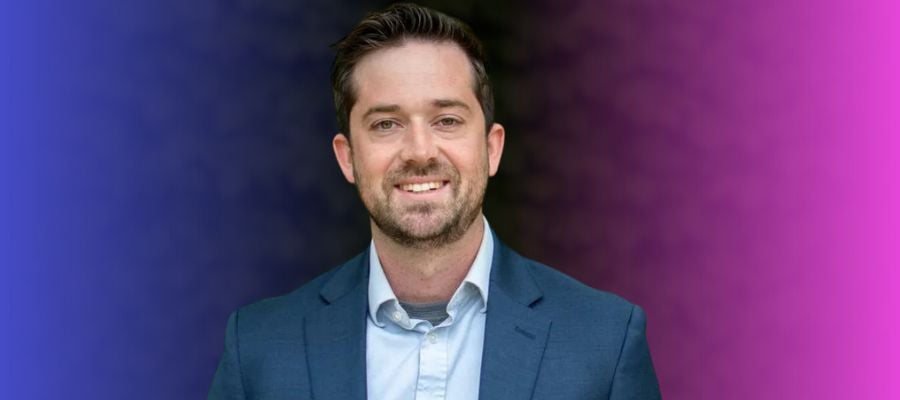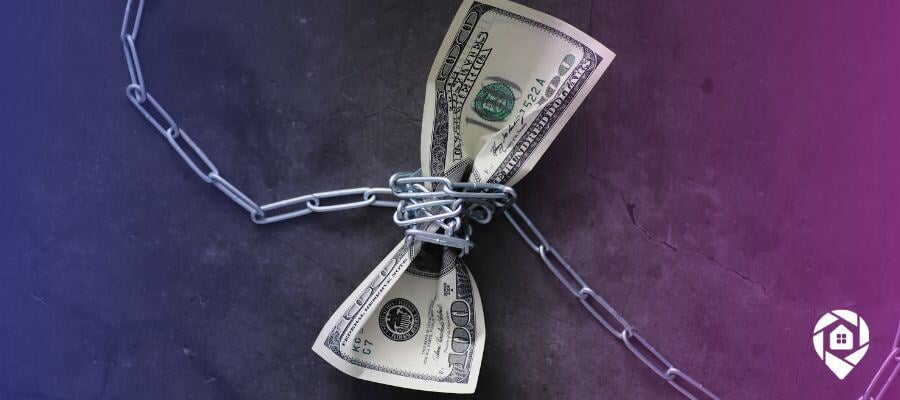
How I Made $22,000 On My First Real Estate Wholesale Deal

In this blog, we will dive into the journey of Ethan Wadsworth and how he made $22,000 on his very first real estate wholesale deal. You'll find a step-by-step guide on how he found the deal, negotiated with the seller, sold it to a buyer, and the lessons he learned along the way.
Making money in real estate can seem daunting when you're first starting out. But with the right knowledge, persistence, and a bit of luck, big paydays are possible even on your first deal. Ethan Wadsworth can attest to that. On a recent podcast episode, he outlined to host David Lecko how he managed to make $22,000 on his inaugural foray into real estate wholesaling.
So how did he do it? Read on to find out. We'll also provide plenty of practical tips so you can replicate his success.
Ethan's Background
First, a bit of background. Ethan actually started off dabbling in house flipping. However, that initial venture ended up losing him $2,000. As Ethan puts it:
"I actually got intrigued on wholesaling instead, because I had to go raise some money. I did it with a friend who was experienced, who had done it before. And all in all, I lost about $2,000 on my flip, which was actually my first real estate deal."
Losing money is never fun. But the experience gave Ethan crucial insight into the home rehab process. It also opened his eyes to the advantages of real estate wholesaling over flipping.
"I have found it to be much more advantageous to go after really just wholesaling, because you don't have any risk, you don't have to raise any money. You make your profit all of day one. And from my experience, you can make just as much, if not more, off of a wholesale than you could a flip."
After an additional stint in commercial lending exposed him to more real estate investors, Ethan felt ready to give wholesaling another go. This time, he planned to get it right.
Finding the Deal
For his first successful wholesale venture, Ethan teamed up with an experienced partner who focused on locating discounted properties while Ethan handled meeting with sellers and negotiating real estate deals.
"He and I did it for a couple of years together, and he kind of focused on finding the deals, and I would focus on closing the deals."
To find prospects, Ethan's partner relied heavily on calling expired listings and absentee owners.
"We were doing a lot of cold calls. We're getting these lists, and we're having our VAs. They would go out, get some initial interest, and then I would follow up and try to close the deal."
For this particular deal, they targeted homes that were at least 40 years old in lower-priced neighborhoods around the Dallas-Fort Worth metro.
"We focused a lot in those areas that were under sub $100,000. We could get those deals and then flip them to investors who would sell them for around $200 to $250,000."
Negotiating With the Seller
When it came time to speak with motivated sellers, Ethan had a go-to strategy. Rather than immediately making an offer, he would first try to discover the seller's own estimation of the property value.
"A big thing that I always try to do is to kind of get them to talk first. That's a big thing when it comes in. Sales is trying to get an idea of where their expectation of price is, and I like to use that as a baseline and then make my offer around that."
For this particular property, the seller hasn't even seen the house in over 3 years and was very detached from the entire process.
"I actually even reminded them that they had it. So it was out of mind, out of sight. They hadn't seen it in a long time, and so we ended up talking about it."
With the seller showing little attachment to the property and motivated to offload it, Ethan felt he could put in a low offer.
He calculated this number by first determining the maximum amount he could pay while still making a profit.
"I came in with the number that I knew that would work for me. Anything that I could get below that would work. And then you just start at the top and reverse engineer the thing.
What could it be worth once someone is done? What kind of profit would that person need to make? What do I want to make on that? And that's your offer."
Fortunately, the distressed seller accepted.
Selling to a Buyer
Now under contract, Ethan leveraged his partnership to find an end buyer for the property. Rather than cold-calling potential investors, he was able to tap into an existing network.
"We've got a couple of pocket buyers that we used. Sometimes they would be full, sometimes they would want it, sometimes it was outside of their zone that they wanted to flip and other times it wasn't."
One buyer from this circle ultimately purchased the property for $125,000 - allowing Ethan to keep his $22,000 share of the profits.
Key Takeaways
While success is never guaranteed, following Ethan's blueprint is a solid starting point for wholesale beginners:
1. Find a partner: Join forces with someone already experienced to fast-track your knowledge. Handle roles based on your individual strengths.
2. Distressed listings: Focus your deal search on highly motivated sellers in situations of duress - inherited unwanted homes, fire damages, expired listings, etc.
3. Research neighborhoods: Target lower-priced areas still viable for quick flips if repaired.
4. Talk less, listen more: Get the seller to reveal their expected price first, then base your number on this.
5. Analyze thoroughly: Make offers based on accurate After Repair Value estimations minus required costs & profit margins.
6. Lean on your network: Leverage existing relationships to find cash buyers when under contract.
Wholesaling takes effort but can yield great rewards, even early on. Stick with it! Hopefully this gives you a blueprint to making your own first big paycheck in real estate.

About Samantha Ankney
Samantha is the Social Media Manager at DealMachine, where she oversees all social media strategies and content creation. With 3 years of experience at the company, she originally joined as a Media Specialist, leveraging her skills to enhance DealMachine's digital presence. Passionate about connecting with the community and driving engagement, Samantha is dedicated to sharing valuable insights and updates across all platforms.



